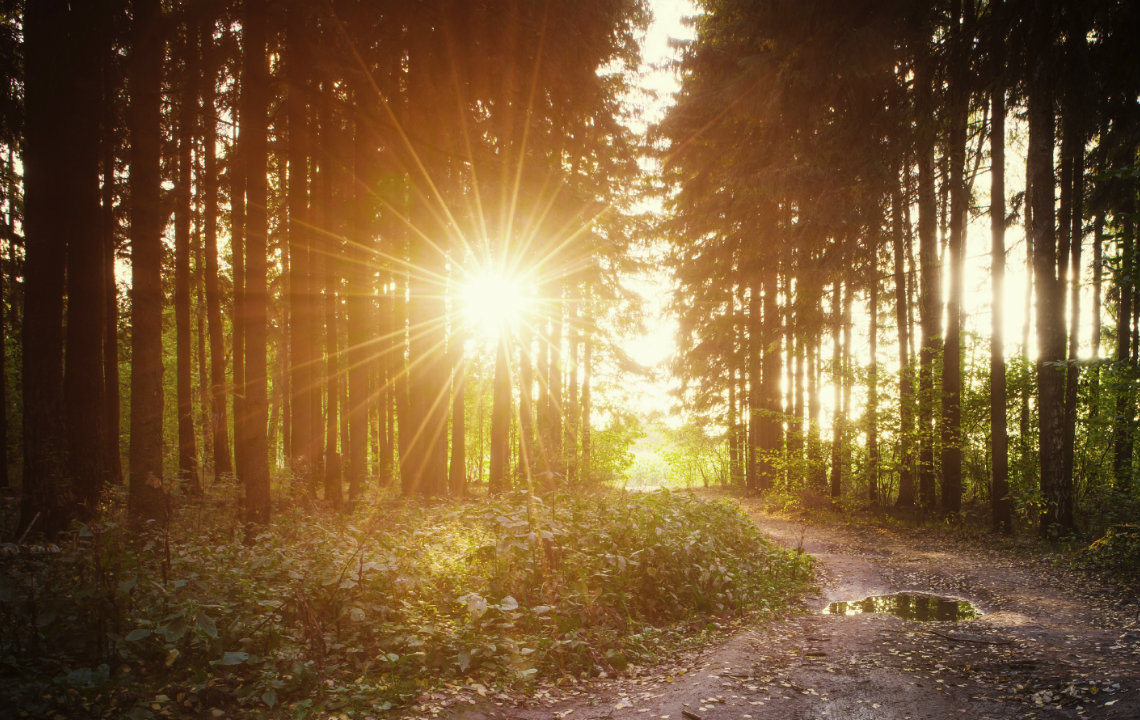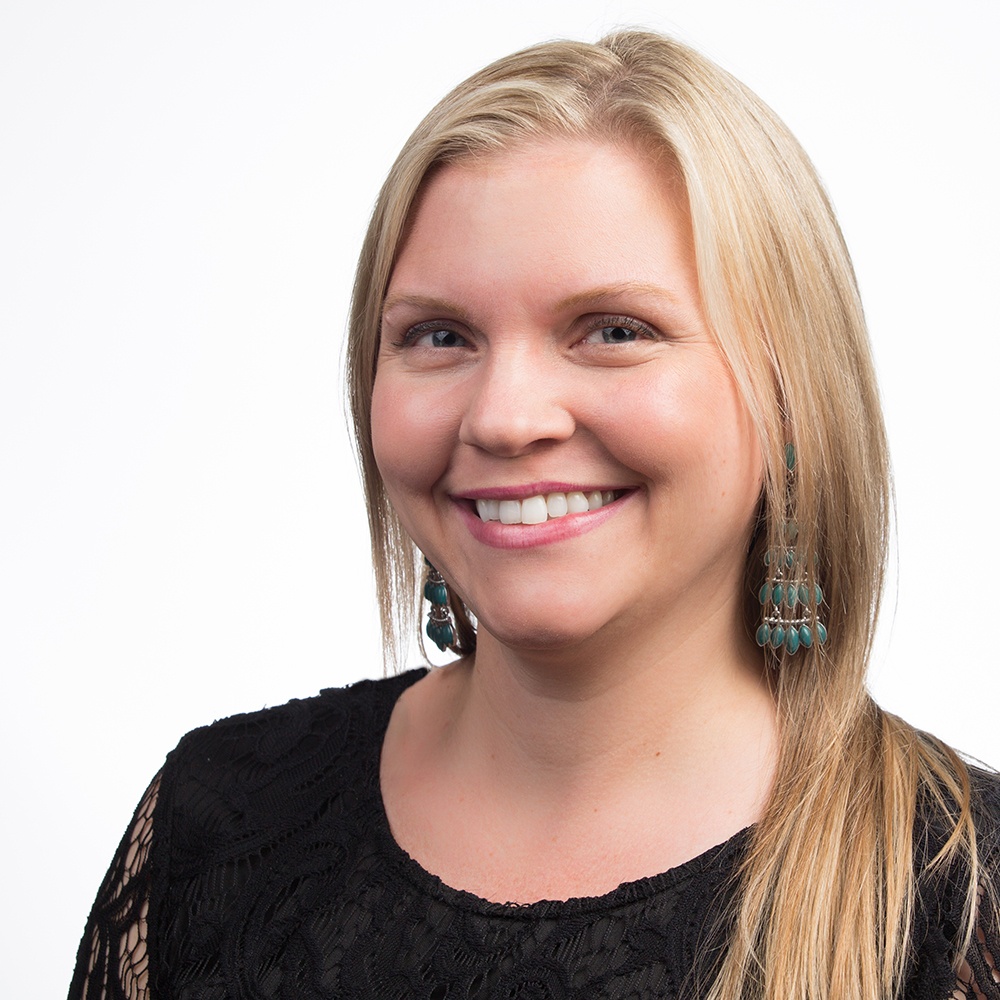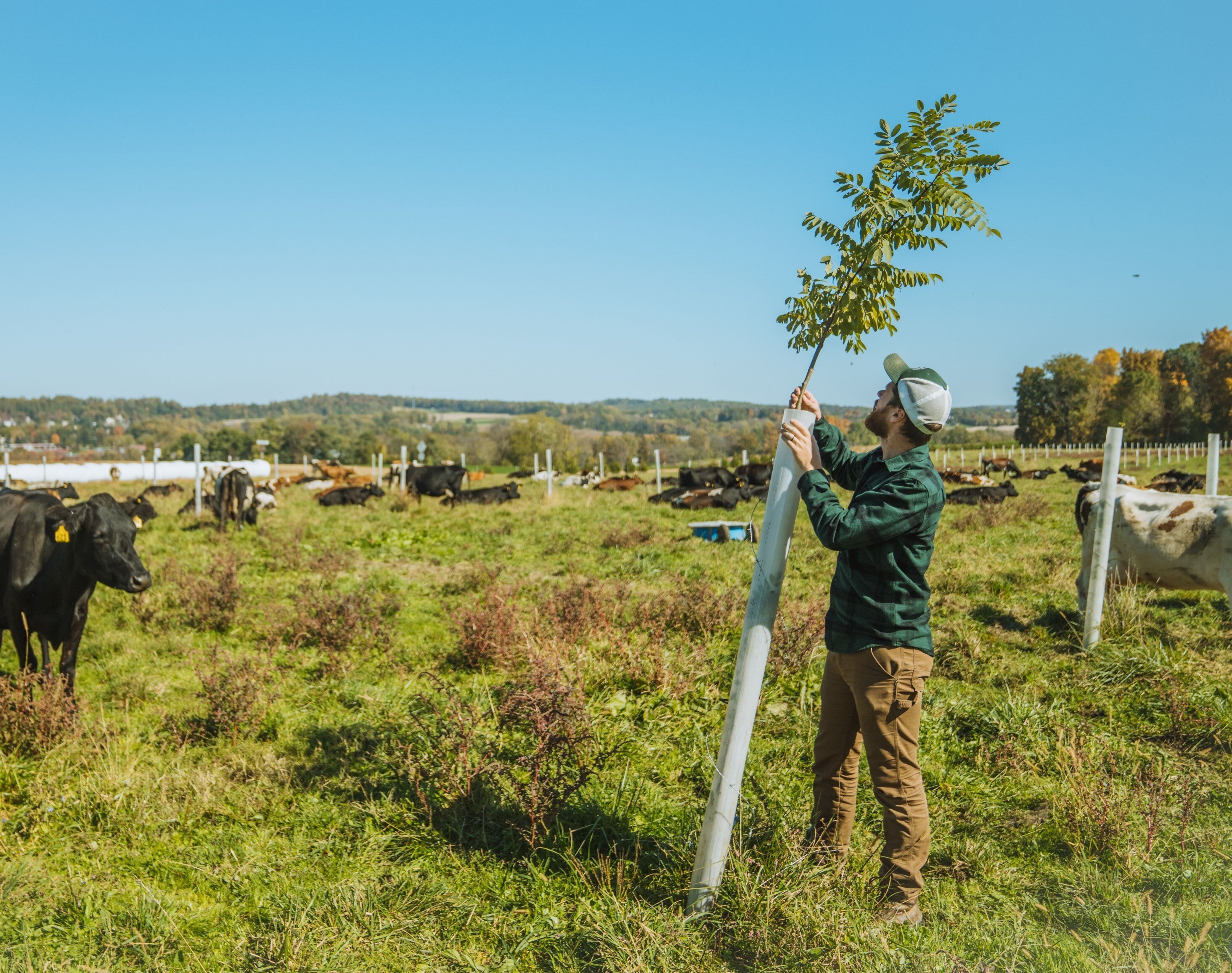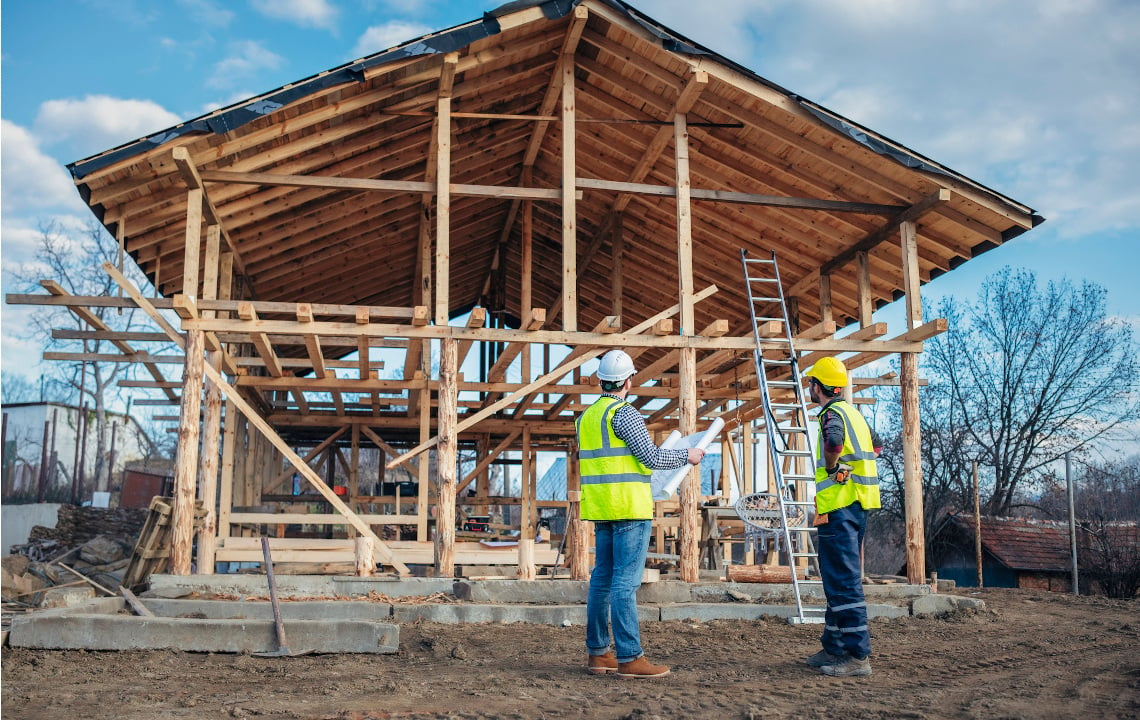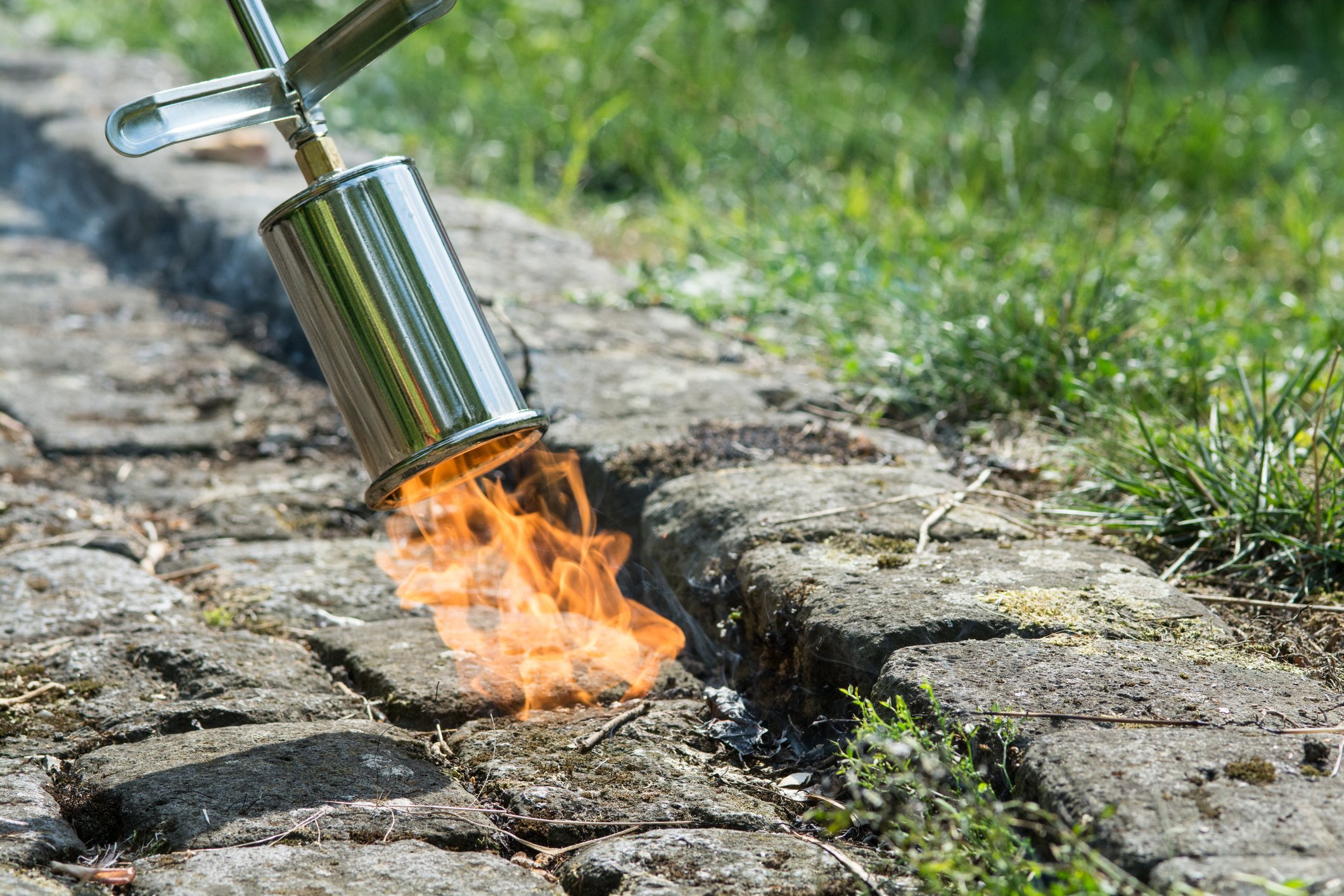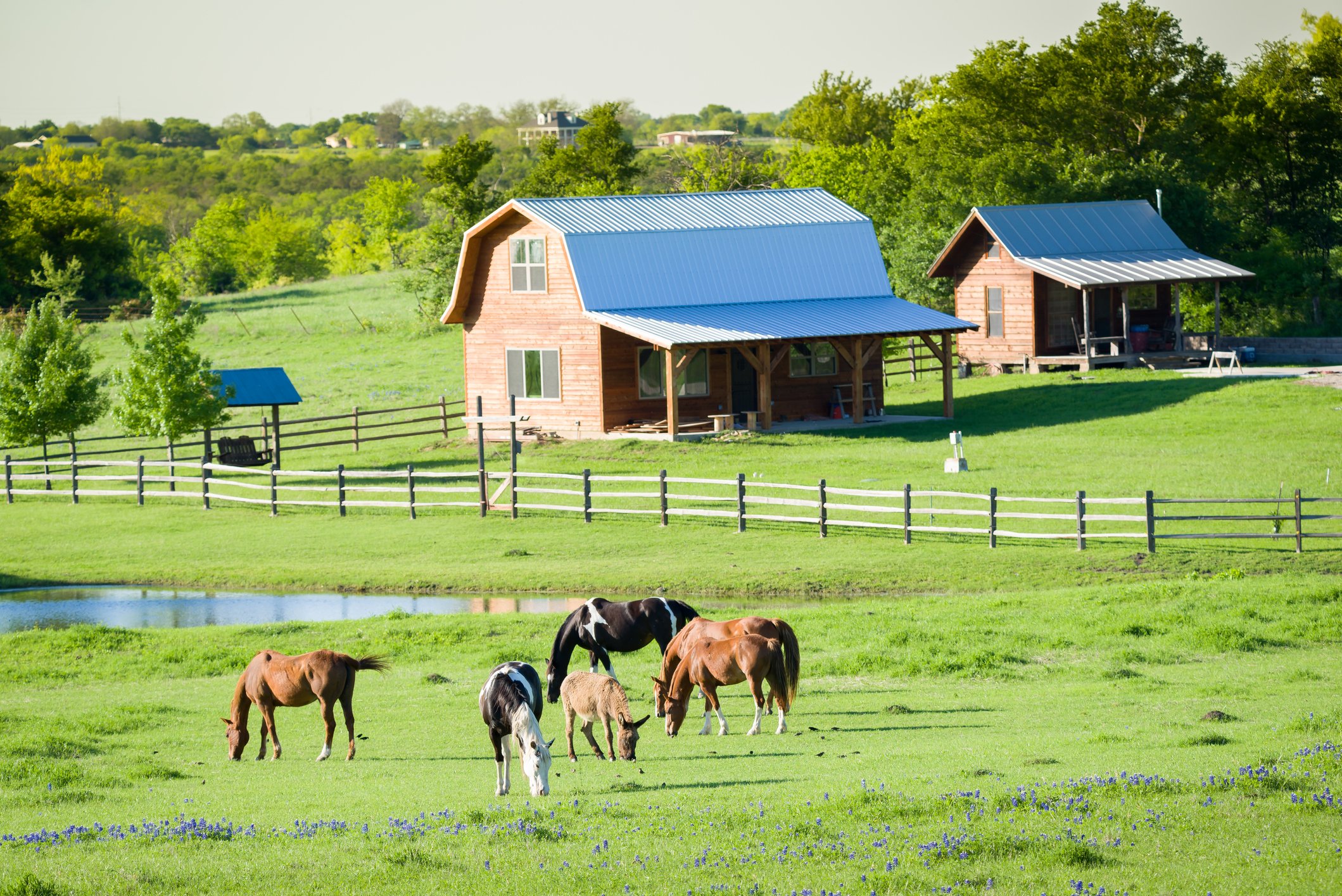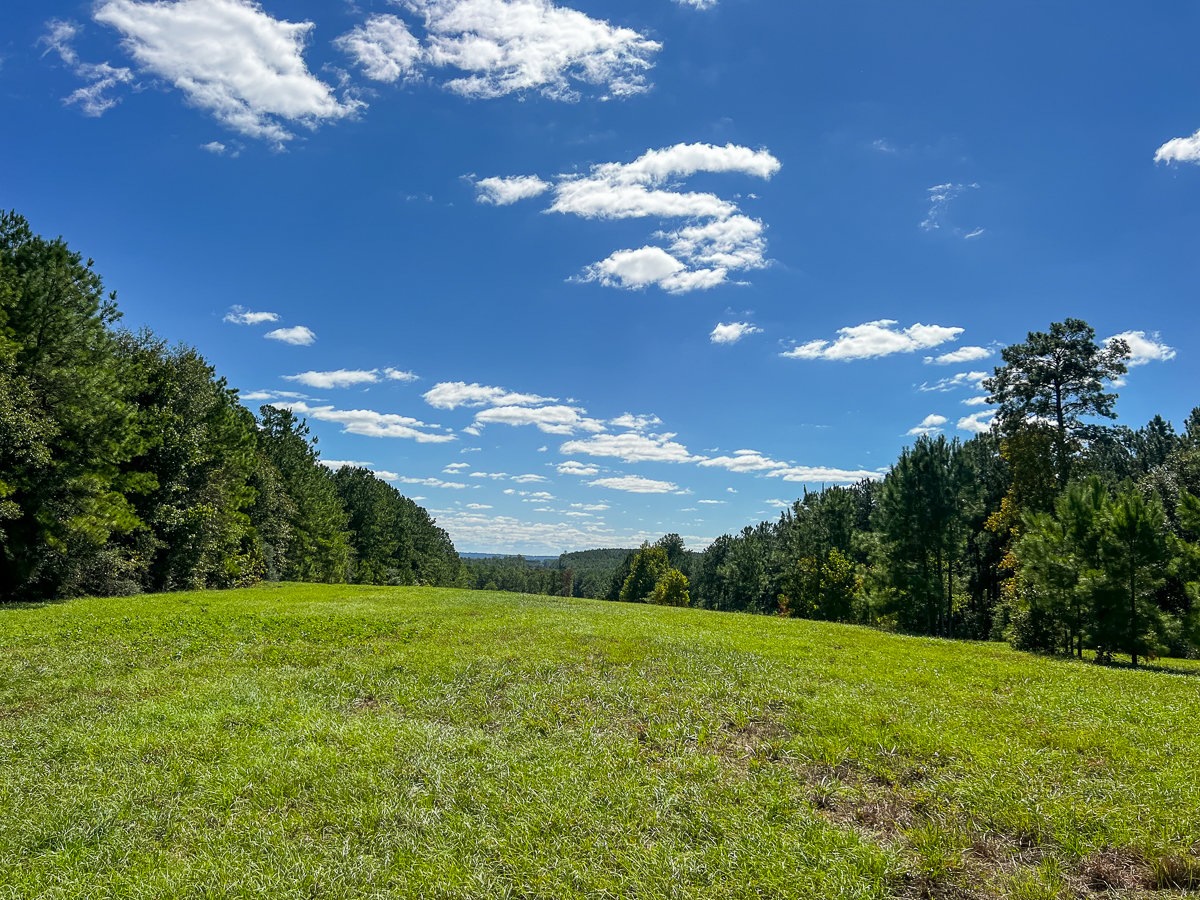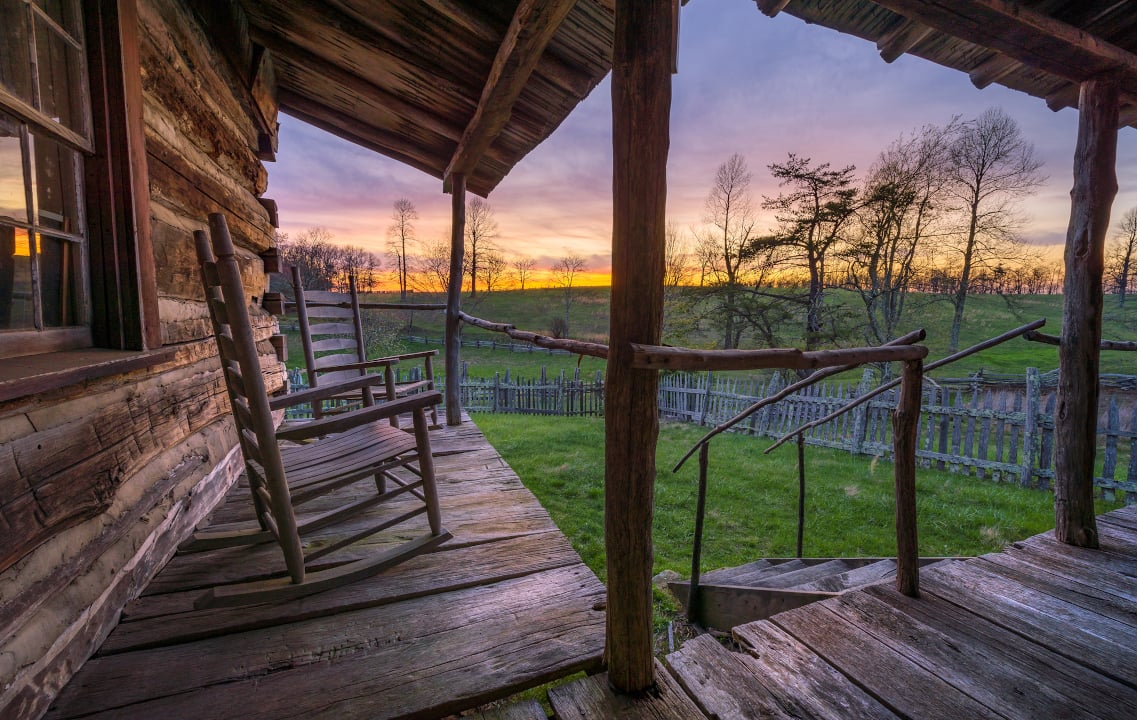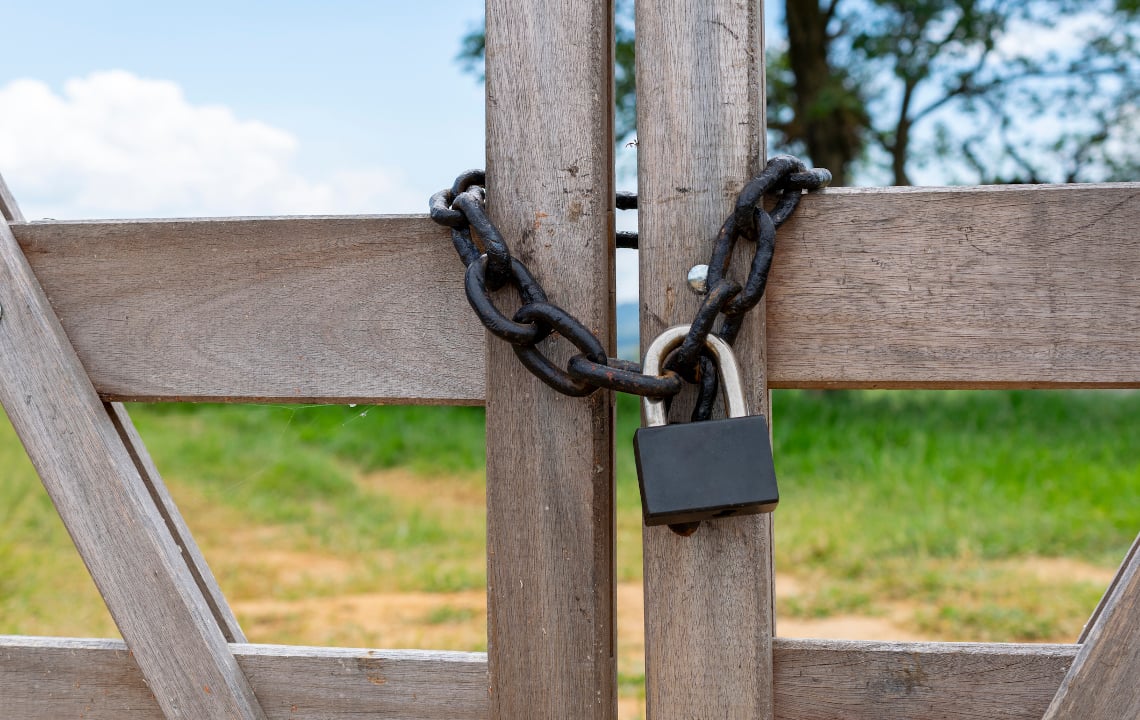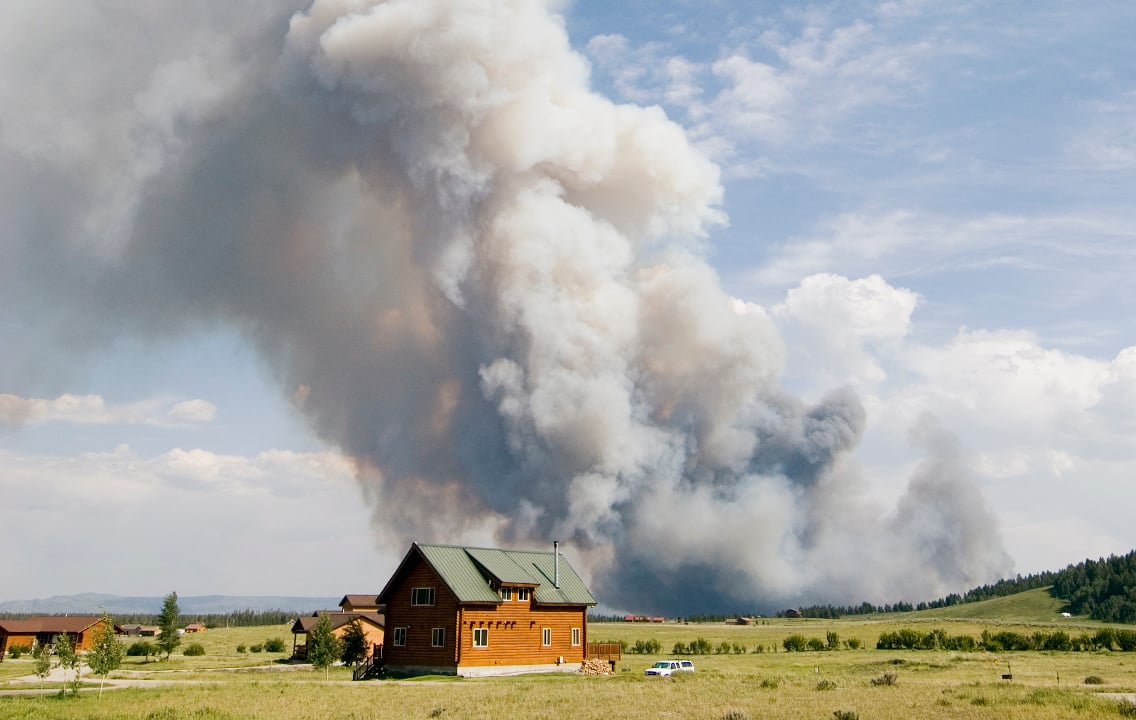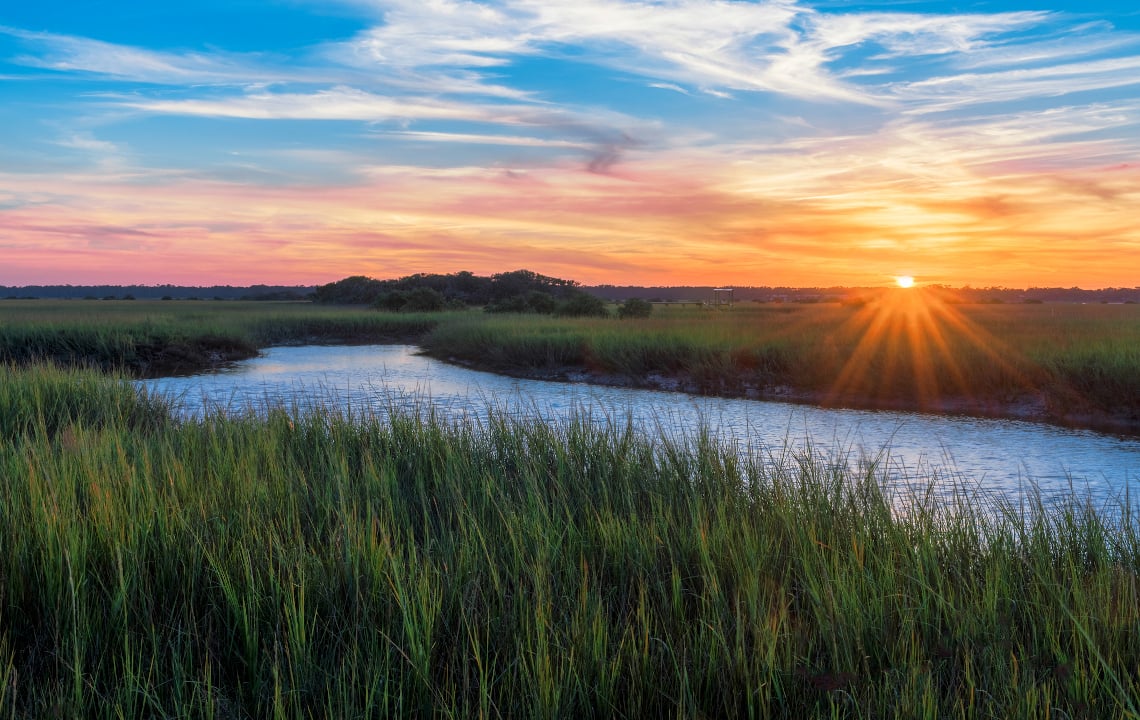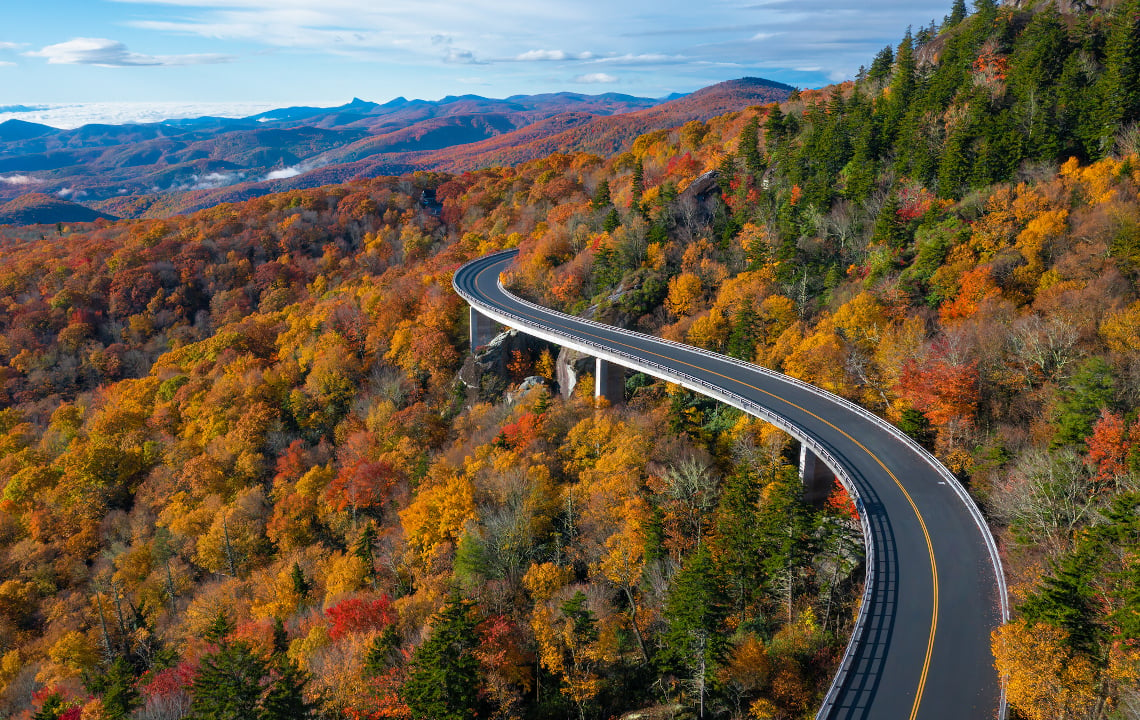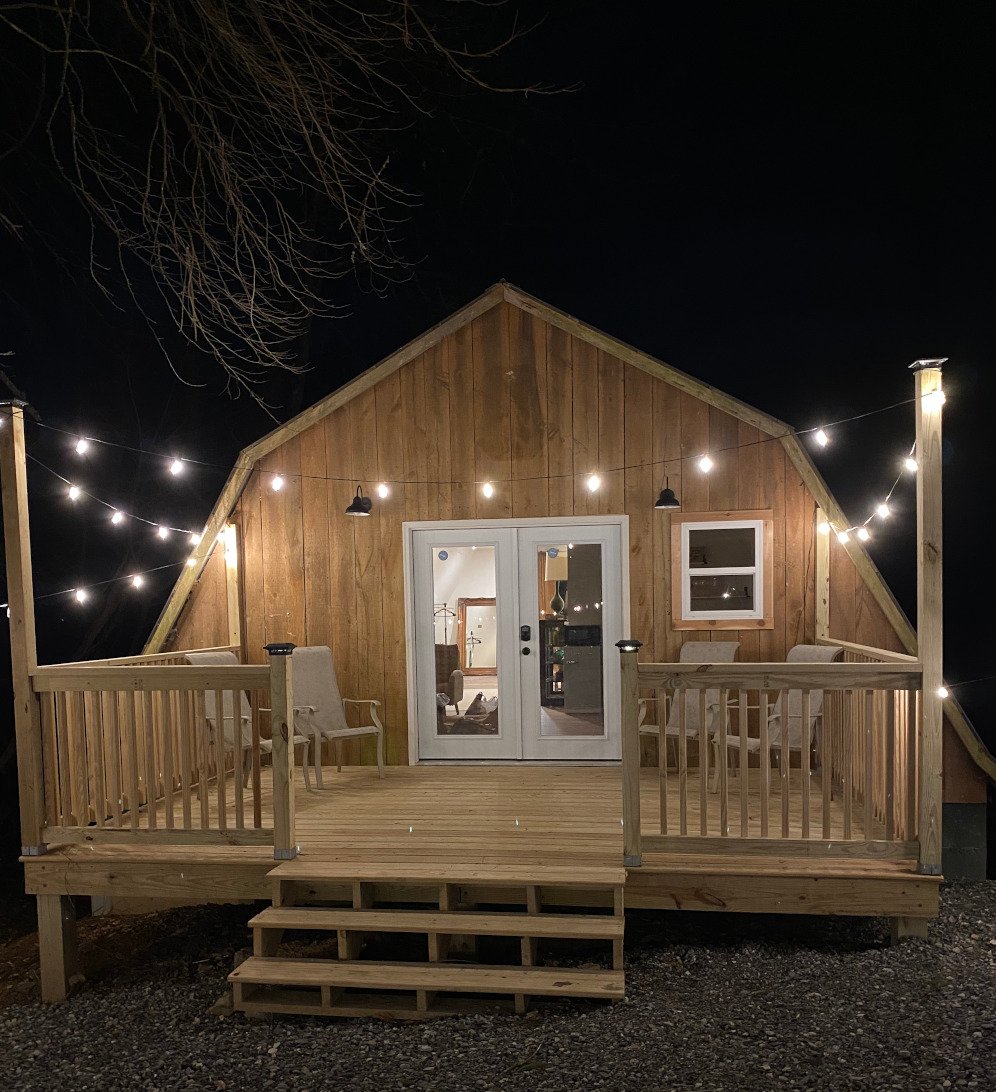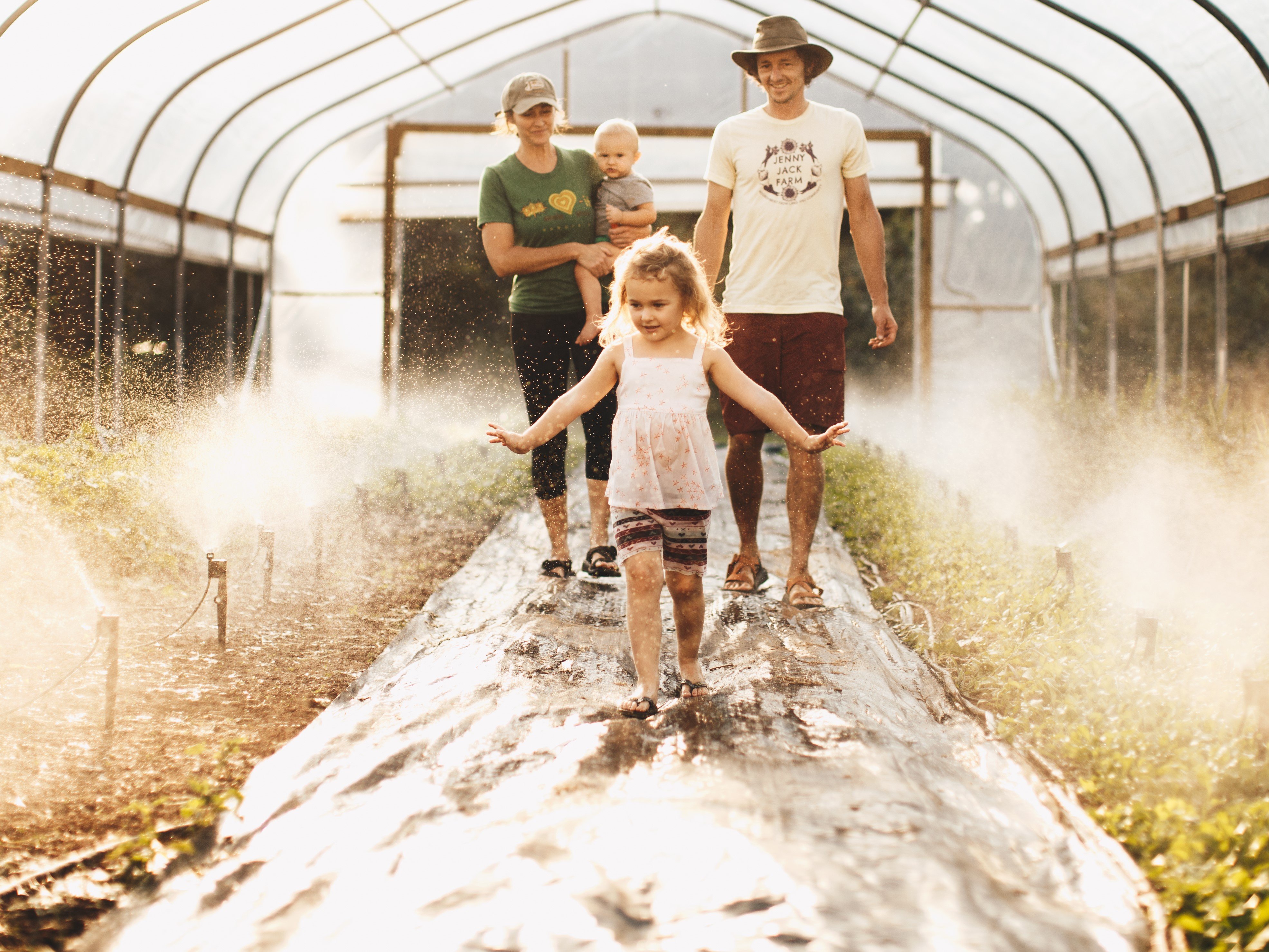A Farm Credit of Florida loan officer explains how to finance a land purchase, how it differs from a home loan and how to get your land loan approved.
Many would argue that buying country land is one of the soundest investments one can make: it isn’t going to disappear if the economy tanks, it’s something you can use or not use - and will still have value, and you can pass it on from generation to generation.
 But in spite of that, it's challenging to know just how to finance a land purchase. Minimum down payments are characteristically higher than they are when purchasing homes, and some banks don’t offer rural land loans at all.
But in spite of that, it's challenging to know just how to finance a land purchase. Minimum down payments are characteristically higher than they are when purchasing homes, and some banks don’t offer rural land loans at all.
Thankfully, on the other end of the spectrum, there are financial institutions specifically designed to support rural land purchases and provide the financing required to establish homesteads, farms and ranches. We talked to Marcus Boone, senior vice president and chief lending officer of Farm Credit of Florida, to learn more about how to finance a rural land purchase in the South.
Q: Why do banks look at land purchases differently than home purchases?
MB: The banks look at it differently because of the ability to resell the property. It’s not as easy to sell a vacant property versus a property with a residence on it.
But at Farm Credit of Florida, rural land is our sweet spot. We are a government-sponsored enterprise that was started by Congress in 1916 simply because farmers and ranchers didn’t have a stable source of credit. We operate as a cooperative to provide our borrowers with economic advantages not provided by other lenders.
Q: What is the typical downpayment for a land loan from a farm credit institution like yours? What should a landbuyer be prepared to pay upfront?
MB: It depends on the size of the property. For a 5-acre home site, we would advance up to 80 percent of the purchase price for up to 10 years. So up front, the buyer would need 20 percent for the down payment.
Financing rural land purchases involving more acreage, such as a farmland purchase, the buyer will typically need financing for more than 10 years. We’ll offer financing for up to 20 years, but the advance drops to 75 percent. So the buyer would need to have 25 percent for the down payment.
 Both of these examples are guidelines. We will adjust the advance rate based on the financial condition of the buyer.
Both of these examples are guidelines. We will adjust the advance rate based on the financial condition of the buyer.
Q: Is a land buyer required to get a land survey before purchasing the land?
MB: A lot of times, if they’re just buying the land itself, we won’t require a survey. But if there’s a structure on the land, we might require it just to ensure the structure is within the property’s boundaries.
Q: What is the criteria for a land loan to be approved for a specific property? Do you have someone inspect the land?
 MB: If the loan amount is less than $250,000, we will complete an in-house valuation. A member of our team will look at the property and sales data in the area to make sure the purchase price is close to what the land is worth. If the loan is for more than $250,000, federal law requires us to have a state certified appraiser appraise the land.
MB: If the loan amount is less than $250,000, we will complete an in-house valuation. A member of our team will look at the property and sales data in the area to make sure the purchase price is close to what the land is worth. If the loan is for more than $250,000, federal law requires us to have a state certified appraiser appraise the land.
Q: In addition to the down payment, are there other costs a potential landbuyer should be aware of?
MB: Find out what the annual property taxes are and divide that by 12 to come up with the monthly cost. Beyond that expense, if it’s just bare land, there won’t be any required insurance coverage. If you plan to eventually build on the land, however, anticipate that you will need flood insurance on the structure if the land is in a flood-prone area as well as hazard insurance on any improvements.
Q: Are there any financial advantages to buying rural land?
MB: Yes. When you finance a property through Farm Credit of Florida, you’re exempt from paying the Florida Documentary Stamp Tax (.35/$100) and the Intangible Property Tax ($.20/$100). That will save you $.55/$100 on the loan documents. The state will still collect $.70/$100 on the deed transferring ownership of the property.
Q: Once a rural land loan is approved and the buyer pays the down payment, what is the monthly payment structures for a land loan?
MB: We can structure the payments based on the buyer. For example, if a farmer buys 100 acres to raise cows, we can collect the payments on a quarterly or annual basis depending on when the farmer receives his income from the cows.
Q: So if I am just beginning to look, how do I determine my budget to buy land?
MB: The old saying has been to shoot for 28 percent of your gross income when determining your budget. Keep in mind that that is gross - your income before taxes, savings and 401K are taken out. Another commonly used number is that it should not exceed 36 percent of your total debt.
Now, if you’re purchasing land for a small farm operation, you would need to come up with a whole business plan - and that’s something we can help with. For example, if you’re going to raise cattle, you have to sit down and consider all the other expenses, such as the cost to buy the cows themselves, costs associated with an improved pasture, buying supplemental feed, putting up a fence, buying medication for the cows, purchasing an adequate truck and trailer to move them in, and so forth.
Q: If I am reading Rethink:Rural, planning to buy land in about 5 years, what can I do to improve my chances of getting a land loan?
MB: A person’s credit score is really important, so do what you need to to keep your credit score clean. Keep your payments current and make sure any errors in your credit score are corrected.
In addition, save some money. We’re not only looking for someone who can make the down payment, but for someone with some liquidity in his or her balance sheet. Ideally, you should have six months of reserves, which means - if something happened and you couldn’t work - you would have enough saved to cover your expenses for six months.
With that said, if we can’t approve a loan, we don’t just send someone out in the cold. We will work with them to come up with other options that could work.
For example, a young person who wants to get into farming or ranching for the first time may not have the balance sheet strength we would normally require, however we may be able to use some risk mitigation tools available to us to help that person get into agriculture.
Q: So you have different programs and loans for farmers and rural land buyers at a number of different levels. What financing programs are available for landbuyers?
MB: Right. Whether it’s a 1- to 10-acre homestead or a 40- to 50-acre hobby farm, we have programs that fit into each category. We’re going to do everything we can to get a deserving person on that land.
One of the great things about Farm Credit of Florida is that we don’t just talk the talk - we walk the walk. We live out in these rural areas with our customers. Most of us used to -- or still do -- work in some capacity in agriculture, and we have a good knowledge of the area and often already know of the property somebody’s buying.
Our mission is to be a source of credit and related services for rural America. That is what we strive to do every day - to help rural America realize its dreams.
You can learn more about Farm Credit of Florida and the services it offers on their website at farmcreditfl.com. If you’re ready to begin your search for the perfect rural property, view properties in the South from Florida to Texas on Rethink:Rural's parent company's website, raydientplaces.com.


